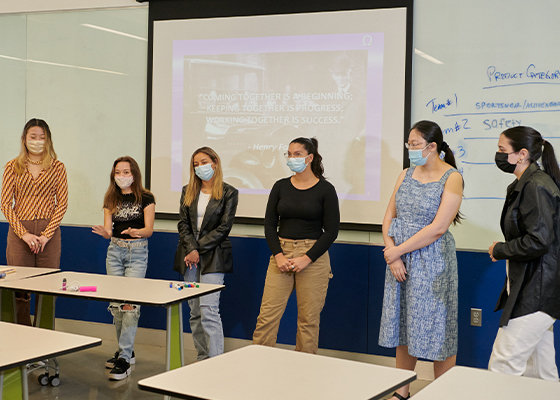The fashion industry is not just about creativity and design; it’s a complex business requiring savvy management professionals. With the evolution of fashion houses into large-scale operations, the demand for individuals with a blend of fashion acumen and management expertise has surged. To meet this need, academic institutions have developed specialized MBA programs in Fashion Management, designed to equip graduates with the necessary skills to lead in this dynamic sector. These programs blend the artistic elements of fashion with the strategic aspects of business, preparing students for the multifaceted challenges of the fashion world.
The Intersection of Fashion and Business Expertise
The fashion industry has undergone a transformation, evolving from a purely creative domain to a multifaceted business sector. This shift necessitates a new breed of professionals who possess both an understanding of fashion and the ability to manage complex business operations. MBA programs in Fashion Management are tailored to meet this demand, offering a curriculum that merges the principles of management with the unique nuances of the fashion industry.
Eligibility Criteria for Aspiring Fashion Management Professionals
Prospective students looking to pursue an MBA in Fashion Management should be aware of the general eligibility requirements, which typically include:
An undergraduate degree in any field
A recommended (but not mandatory) five years of professional experience
An employer’s recommendation and a No Objection Certificate (NOC), if applicable
A competitive GMAT or GRE score
These prerequisites ensure that candidates are prepared for the rigorous coursework and have a foundational understanding of business concepts.
Core Components of Fashion Management Education
Fashion Management MBA programs cover a wide range of topics, from branding and marketing to innovation and technology. The curriculum is designed to provide students with the skills needed to bring fashion products from the runway to the retail market. This includes training in leadership, strategic planning, and personal development, all of which are crucial for building successful fashion brands.
What to Expect from an MBA in Fashion Management
Students enrolled in Fashion Management MBA programs can anticipate a curriculum that includes, but is not limited to:
Brand culture analysis
Retail management strategies
Service marketing techniques
Luxury and mass-market brand differentiation
Multi-brand management
Fashion business operations
Jewellery and accessory brand management
Retail store design and visual merchandising
Reputation management and public relations
Financial management for fashion brands
The specific courses offered may vary by institution, but the overarching goal is to provide a comprehensive education that addresses all facets of fashion management.
Who Should Consider an MBA in Fashion Management?
The MBA in Fashion Management is suitable for a diverse range of individuals, including:
Graduates with an interest in specializing in fashion management
Fashion industry professionals, such as stylists and designers, looking to enhance their management skills
Management professionals seeking a career transition into the fashion sector
Entrepreneurs aiming to formalize their education for better business practices and expansion opportunities
These programs cater to those who aspire to combine their passion for fashion with a strong foundation in business management.
Conclusion
The MBA in Fashion Management is a specialized degree that prepares individuals for leadership roles in the ever-evolving fashion industry. By integrating business management principles with fashion expertise, these programs offer a unique educational experience that is both challenging and rewarding. For those with a vision to lead at the intersection of style and strategy, an MBA in Fashion Management is a stepping stone to a successful career in this vibrant sector.

